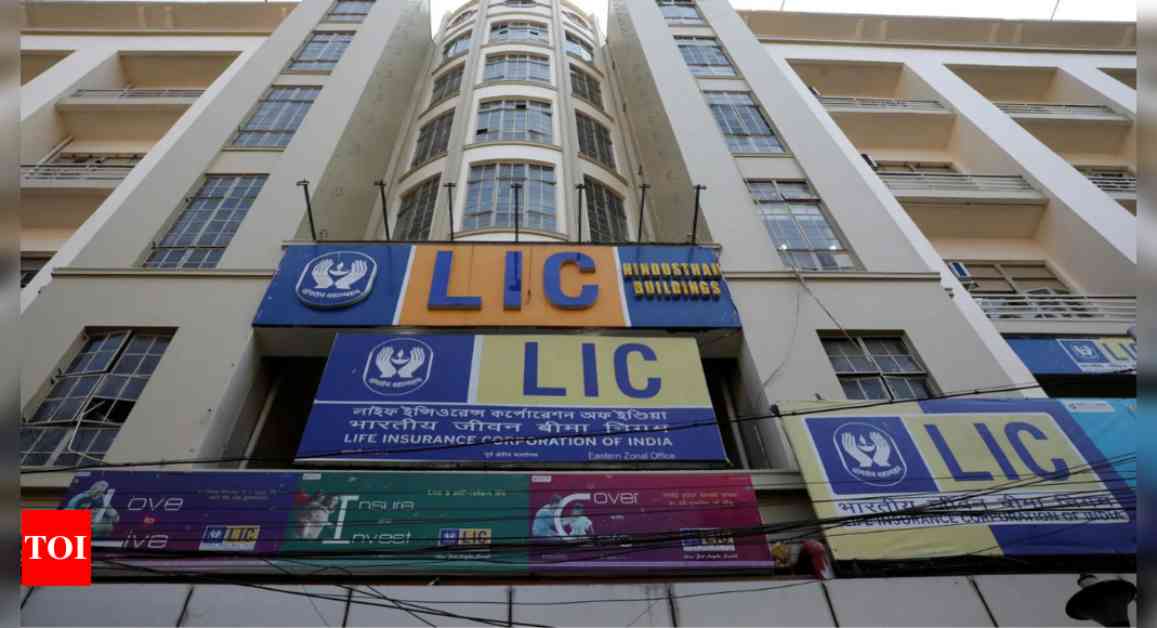Unclaimed Rs 22,000 Crore with Life Insurance Companies
MUMBAI: A staggering amount of nearly Rs 22,237 crore remains unclaimed with life insurers at the beginning of FY24, according to recent data from Irdai. Despite efforts to reduce this sum through a six-month drive from June to November 2023, which saw a decrease of over Rs 1,018 crore in unclaimed funds, the issue persists. The initiative has shed light on the importance of policyholders engaging in proper estate planning, particularly when designating non-relatives as beneficiaries, as insurers are wary of non-immediate family members inheriting benefits.
The Need for Proper Estate Planning
Insurers have been tasked with regularly updating contact, bank, and nominee information, conducting Know Your Customer (KYC) and Re-KYC processes, utilizing credit bureaus and media to locate consumers, and enforcing accountability among agents for providing accurate details. Despite these measures, unclaimed funds continue to accumulate due to various reasons such as nominees being untraceable, family circumstances changing, or nominees passing away.
Expert Insights and Solutions
Sujeet Kothare, executive VP (marketing) at Tata AIA, highlighted the urgency of addressing this industry-wide issue. Tata AIA has taken proactive steps to keep nominees informed about policy specifics, benefits, and any modifications during the policy term. Additionally, the insurer is offering discounted HPV vaccinations to nominees to encourage cancer prevention, aligning with the Tatas’ historical commitment to combating cancer.
Kothare acknowledged the complexities that arise when policyholders select non-relatives as nominees, emphasizing the need to establish trusts and appoint trustees to ensure the smooth execution of bequests in such cases. Edelweiss Life further elaborated in a blog post that if a non-beneficial nominee is designated, the legal heirs will retain control of the funds. For instance, if someone appoints their girlfriend as a nominee, she can receive the money but must transfer it to the deceased’s spouse or children, illustrating the distinction between nominee status and ownership of funds.
Implications for Policyholders
LIC has advised policyholders to nominate immediate family members due to insurable interest concerns and potential moral hazards associated with appointing strangers as beneficiaries. This guideline poses challenges for individuals in same-sex relationships or those without immediate family members, prompting a reevaluation of estate planning strategies and beneficiary designations.
As we navigate the complexities of financial planning and estate management, it is essential to consider the implications of nominating beneficiaries and the long-term impact of these decisions on loved ones and legacy preservation. Let us strive to engage in open conversations about estate planning, seek expert guidance where necessary, and prioritize the clarity and accuracy of beneficiary information to ensure a secure and seamless transition of assets in the future.























